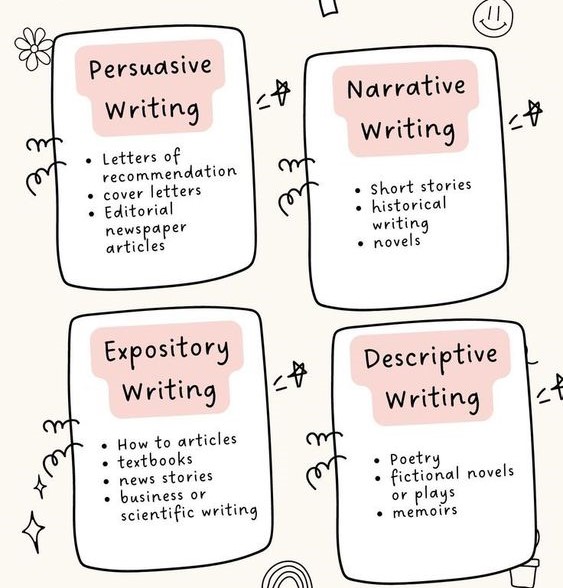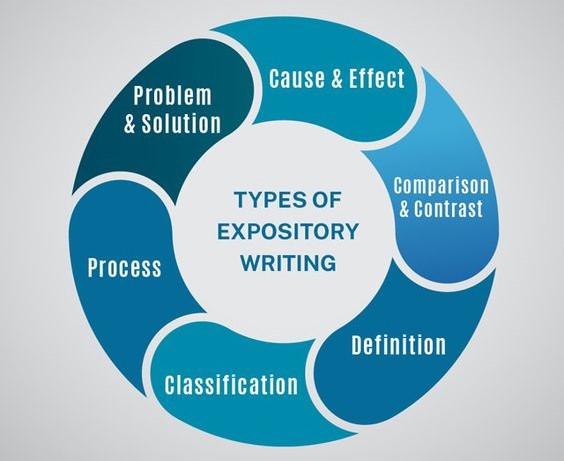
Table of Contents
Essays are common academic papers that students write in almost every course. While essay writing can take different approaches, nursing essays mainly play the role of informing and persuading readers about specific topics or subjects. Nonetheless, knowing the categories of essays and how to craft compelling pieces is essential to success.
Definition of Nursing Essays
An essay is a non-fiction academic paper written to develop a specific idea or support a given argument. Nursing essays provide information, share the writers’ points of view or dispute certain theses regarding nursing. Based on the purpose of writing, the tone of the essay can either be formal or informal. The formatting requirements of nursing essays may also vary from one type to another. Essays can take the form of standard 5-paragraph pieces or lengthy academic papers.
The Key Types of Nursing Essays

There are several kinds of essays, written with different goals. However, the most common classification includes only four types including;
- Argumentative essays
- Expository essays
- Narrative essays
- Descriptive essays
1. Argumentative Nursing Essays
Argumentative nursing essays present elaborate arguments based on evidence. It needs a strong and clearly defined stance or thesis statement to have an impact on readers. The aim of the paper is to convince your readers of the thesis using evidence and analysis. An argumentative essay tests your ability to research and table your own position on a subject.
Argumentative essays are the most common types of essays that students write in college. Like many other academic papers, the essay must present some form of argument, with good persuasive skills. Besides, argumentative nursing essays must also make reference to credible sources, so readers do not doubt the presented arguments.
An ideal argumentative essay should bear the following features;
- Convincing
- Accurate
- Arguable
- Informative
Argumentative nursing essays for undergraduate, degree, Masters’ and PhD should follow a standard format for academic papers. The essay comprises an introduction, body and conclusion. The introduction should present your topic and the thesis statement to give readers a summary of what the paper entails.
While all the sections of the essay are essential, the body is where the bulk of the work lies. It provides the arguments, analysis and evidence to support your stance. The conclusion is the final part of the essay that wraps up the arguments and emphasizes its significance.
2. Expository Nursing Essays
Expository nursing essays provide focused, clear explanations of given topics. They do not require original arguments but, well organized and balanced views on the subject under discussion. An expository essay is designed to explore a specific topic by offering factual information. The goal is to analyse a subject or an idea without making an argument.
Expository essays require you to communicate complex ideas in a simple language that readers can understand with ease. The paper provides an analysis based on facts. Thus, the writer should use a neutral tone and present ideas logically.
An expository essay tests the ability of the student to clearly explain issues. It is advisable for students to refer to statistical data to generate facts for crafting informative pieces. Compelling expository nursing essays should bear the following characteristics.
- Specific
- Instructive
- Well-organized
- Objective
- Semi-formal
To sum up the above characteristics, a good expository essay should convey accurate information, provide precise explanation of facts, follow the sequence of events and readers without presenting any subjective arguments. The essay structure comprises three parts including, an introduction, body and conclusion. The introduction presents the topic and gives background information while the body paragraphs explain the facts. The conclusion finally sums up the information.
In the academic circles, expository nursing essays can take different formats. Here some of the most common variations of expository essays.

- Cause and Effect Essays: The essay explains how things are interrelated in the world. The writer specifies the reasons why certain things occur and also explains the potential consequences. That means drawing parallels between specific objects and events.
- Problem and Solution Essays: This is another type of expository essay that identifies an issue and offers an array of solutions to the problem. After a detailed explanation of the issue, the writer finds the best ways to address it.
- Compare and Contrast Essays: This type of expository essay specifies the similarities and disparities between certain topics, people, events or locations to allow the reader to compare to contrast things. Comparisons require you to find similarities while contrast means figuring out the differences.
3. Narrative Nursing Essays
Narrative nursing essays tell stories significant to the authors. The essay is a personal narrative that shares a meaningful experience with a profound impact on the writer. It explores different challenges that the writer has undergone and, that is what makes it so engaging. The writer of a narrative essay would navigate readers through a story without proving any point.
However, personal narratives should include moral elements so that the audience can gain some valuable insights from the story. Narrative essays enable students to learn how to apply creative approaches to express their feelings and emotions. However, the author must be able to preserve the consistency of the story.
Many students often confuse narrative essays with short stories but, they are not the same. Unlike short stories, narrative nursing essays focus on the personal experiences of the writer with an academic objective. However, a narrative essay bears key elements of storytelling such as plot, setting, character, conflict and theme. Overall, narrative essays are informative, non-fictional, subjective, organized and conversational.
4. Descriptive Nursing Essays

Descriptive nursing essays present detailed explanations of ideas or subjects. They allow the author to be more creative but, with a specific focus. The author may describe a specific object or place instead of narrating the whole story. The essay’s goal is to test the author’s ability to use language in a creative way to present a memorable picture of the topic.
Descriptive essays are mainly about exploring the creativity of the writer. That is why you should not limit your imagination when crafting the essay. The essay allows the student to show his or her creativity and resourcefulness. However, descriptive essays bear the characteristics of informal writing as indicated below.
- Vivid
- Figurative language
- Demonstrative
- Emotional
Descriptive nursing essays do not have specific requirements when it comes to the structure of the paper. The writer has the freedom to leverage their creativity to describe events, objects or even people in the most unusual ways. However, a descriptive essay for academic purposes should provide a brief introduction of the subject, a detailed description, a short summary that provides insight into the story.
In conclusion, lecturers and supervisors usually assign specific types of nursing essays that students should write. However, they could also leave it to students to choose the essay type when writing assignments. Nonetheless, you should pay a keen attention to the requirements of the assignment to determine the most suitable essay type.
At Nursingpapers, we provide professional assignment writing services for nursing essays, research papers and dissertations. Get in touch with us to order a customized essay for undergraduate, Degree, Master’s and PhD.







